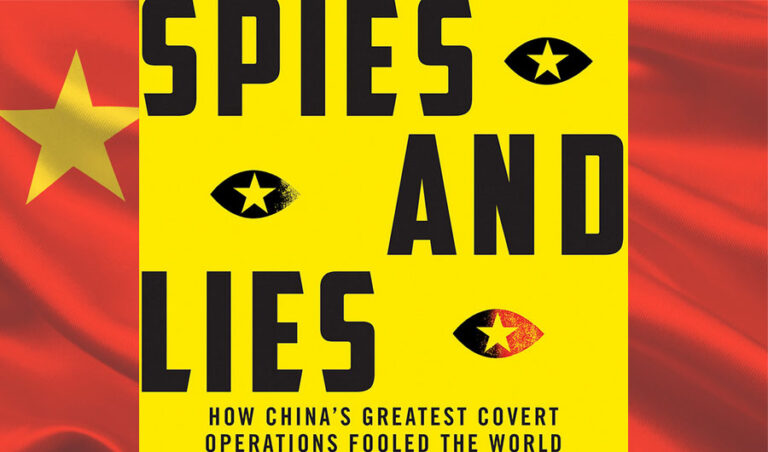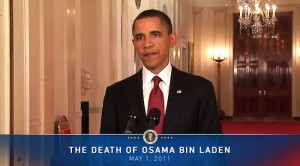For decades, Communist China has operated under Deng Xiaoping’s famous dictum to “hide your strength and bide your time.” Now that the mask is off and the United States and its allies are belatedly waking up to the threat posed by Beijing, a question looms: how did so many experts and policymakers get China’s rise wrong? As Alex Joske highlights in his new book, Spies and Lies: How China’s Greatest Covert Operations Fooled the World, part of the answer can be found in Beijing’s influence operations.
Little is publicly known about China’s spies. Joske, who worked as an analyst for the Australian Strategic Policy Institute, hopes to remedy this. And, in an easily digestible volume, he succeeds in offering a glimpse into little-discussed aspects of Beijing’s intelligence methods.
Many books on China’s spies focus on industrial espionage or high-profile cases like Larry Wu-tai Chin, a Chinese spy who worked for the U.S. Army and the CIA for nearly forty years. Spies and Lies, however, examines how Beijing utilizes spies to shape narratives and influence policymakers.
Joske uses a wide variety of sources, including memoirs, old court cases, interviews with retired intelligence officers, and a great deal of internet sleuthing, to highlight and expose how the Chinese Communist Party (CCP) has deceived the world. What emerges is a profoundly disturbing story.
China employs a dizzying number of intelligence agencies. The Ministry of Public Security (MPS) and the People’s Liberation Army have intelligence components, but it is the Ministry of State Security (MSS) that tends to attract the most attention. Popular perception, Joske notes, has it that the MSS is aggressive but unsophisticated. Yet this couldn’t be more wrong.
The MSS plays the long game, identifying and courting policy and opinion makers. Direct recruitment and overt approaches are often eschewed. Rather, the MSS and its various front organizations prefer a light touch. As a result, they can often evade attention from law enforcement and counterintelligence authorities, many of which are chiefly concerned with industrial espionage and attempts to steal trade secrets. Although discreet, the MSS is stunningly bold. . . . (read more)












